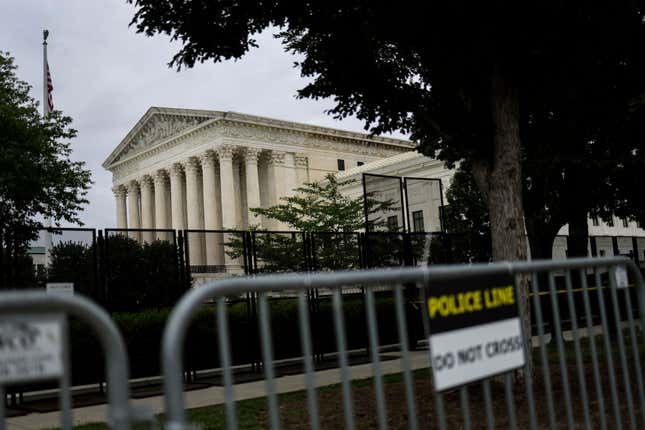
In a 6-3 decision among ideological lines, the Supreme Court determined that prayer on a football field with players is protected under the Constitution because it counts as free speech, according to CNN. Within four decisions that were given together, the court has ruled in favor of a Washington state public high school football coach after the school asked him to stop doing so.
This decision will allow the blurred lines to allow more religious expression in public places. Today’s decision is the second within a week that the Supreme Court has made regarding schools and religion. Last Tuesday, the court ruled taxpayer money could fund private religious schools. Considering this and the Lemon v. Kurtzman (1971) decision overturned today, the separation of church and state is becoming less and less by the day.
“The Constitution and the best of our traditions counsel mutual respect and tolerance, not censorship and suppression, for religious and nonreligious views alike,” Justice Neil Gorsuch wrote in the majority opinion.
“The Free Exercise and Free Speech Clauses of the First Amendment protect an individual engaging in a personal religious observance from government reprisal; the Constitution neither mandates nor permits the government to suppress such religious expression,” according to the court’s opinion.
As CNN points out, Coach Joseph Kennedy would go to the 50-yard line, kneel and pray alone at first. After a while, some students joined him. A parent stated their son “felt compelled to participate,” despite being an atheist, because the student feared “he wouldn’t get to play as much if he didn’t participate.” The Bremerton school district asked Kennedy to stop. When he didn’t, Kennedy was placed on administrative leave. Kennedy then sued the district and claimed his rights to “free speech were violated.”
Judge Gorsuch seemed to agree with Kennedy. Although lower courts ruled the coach was hired precisely to occupy’ an ‘influential role for student-athletes,” thus the speech he uttered as a government employee was not protected by the 1st amendment. Gorsuch thought the school’s decision was “misguided.”
The school is mistaken in it’s viewview that it had a duty to ferret out and suppress religious observances even as it allows comparable secular speech. The Constitution neither mandates nor tolerates that kind of discrimination,” and therefore the court ruled to reverse the lower courts’ judgments.
Given the court’s ruling, everyone from different religions should be able to pray just like Coach Kennedy did, but we know that’s not going to be the case. Interestingly, the same train of thought is not rewarded to Colin Kaepernick, who took a knee to protest police brutality on the football field. Justice Sonia Sotomayor, who wrote the dissent for the three liberal judges, claims the Constitution does not require public schools to embrace what Kennedy was doing.
“It elevates one individual’s interest in personal religious exercise, in the exact time and place of that individual’s choosing, over society’s interest in protecting the separation between church and state, eroding the protections for religious liberty for all,” Sotomayor wrote.

